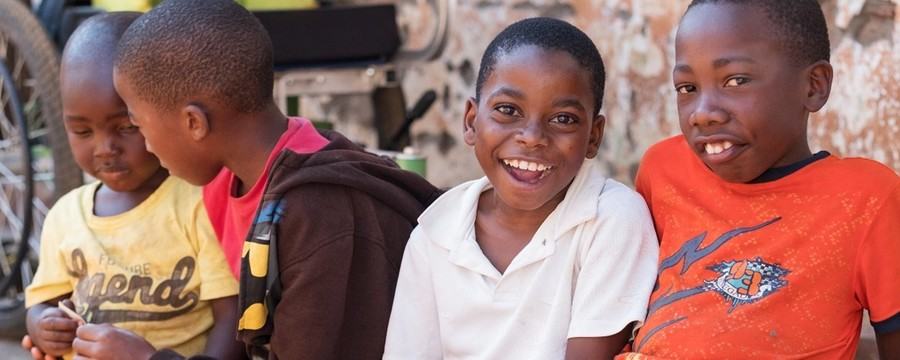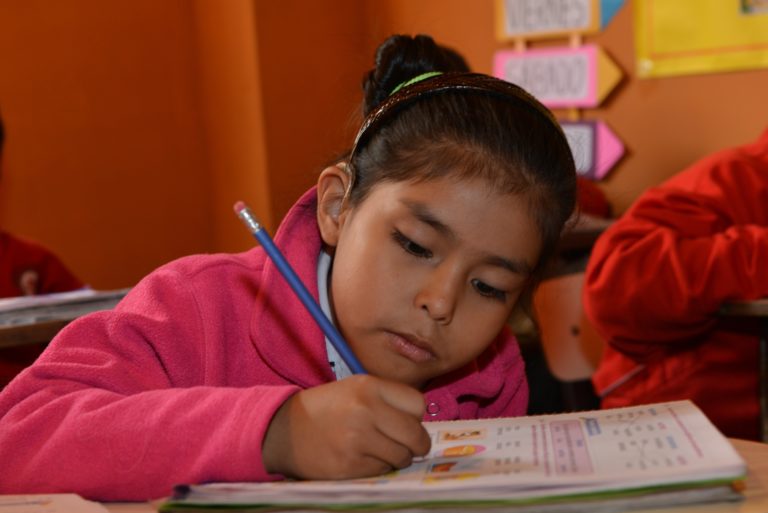Home / Psychology & Mental Health / Inclusive Teaching / Integrated Healthcare for Children with Developmental Disabilities / General healthcare needs of children with developmental disabilities
This article is from the free online
Integrated Healthcare for Children with Developmental Disabilities


Reach your personal and professional goals
Unlock access to hundreds of expert online courses and degrees from top universities and educators to gain accredited qualifications and professional CV-building certificates.
Join over 18 million learners to launch, switch or build upon your career, all at your own pace, across a wide range of topic areas.


 © Holt International
© Holt International Johanna (8) at a mainstream school in Bolivia. © CBM/Foto Backofen Mhm
Johanna (8) at a mainstream school in Bolivia. © CBM/Foto Backofen Mhm





